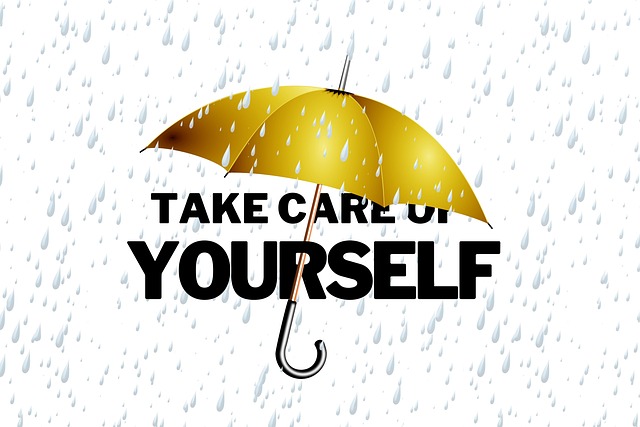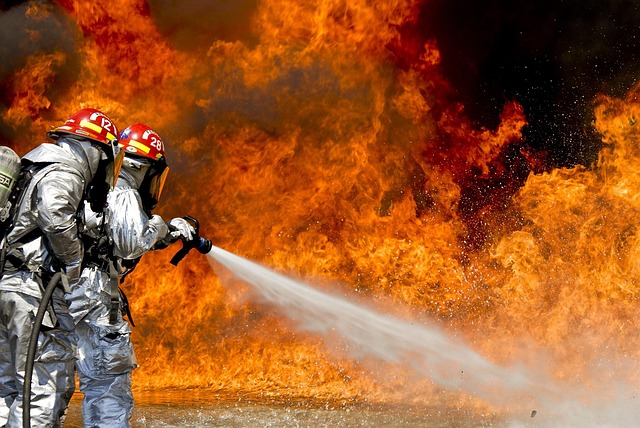Staying compliant with licensing requirements in the childcare industry is vital for ensuring safety and quality care. This involves rigorous verification processes, including background checks, regular updates of credentials, and cross-referencing data from various sources. Maintaining up-to-date qualifications, training, and certifications is crucial to meet legal obligations and uphold public trust. Robust background check best practices protect children and staff while adhering to industry standards.
In the dynamic landscape of the childcare industry, ensuring compliance is paramount for safeguarding children’s well-being. Verifying childcare professionals’ licenses and credentials thoroughly is not just a legal imperative but also a fundamental step in fostering trust among parents. This comprehensive guide delves into essential aspects like understanding licensing requirements, accessing professional records, verifying education certifications, and implementing robust background checks. By adhering to these best practices, childcare providers can maintain the highest standards of safety and quality.
- Understanding Licensing Requirements in Childcare
- Developing a Comprehensive Verification Process
- Accessing and Interpreting Professional Records
- Ensuring Up-to-Date Credentials
- Verifying Education and Training Certifications
- Addressing Background Check Best Practices
Understanding Licensing Requirements in Childcare

Staying compliant with licensing requirements is a cornerstone of the childcare industry. Each jurisdiction sets its own standards, mandating specific qualifications, training, and background checks for professionals working with children. These regulations are designed to ensure a safe and nurturing environment for young minds. Understanding these requirements involves familiarizing oneself with local laws and guidelines, which can vary widely from one region to another.
For instance, many places mandate a minimum number of hours of approved coursework in early childhood development or child psychology. Additionally, regular renewals and continuing education are often necessary to maintain licensure. Caregivers may also need to pass criminal background checks and demonstrate proficiency in CPR and first aid. Thorough understanding and adherence to these licensing requirements are not just legal obligations but also crucial for maintaining the highest standards of care within the childcare industry.
Developing a Comprehensive Verification Process

To ensure safety and quality in the childcare industry, developing a comprehensive verification process is paramount. This involves meticulously checking the licenses and credentials of all professionals, including teachers, assistants, and administrators. Each jurisdiction may have specific requirements, so staying updated on local regulations is crucial for maintaining compliance.
A robust verification system incorporates multiple checks such as verifying certifications through accredited bodies, cross-referencing with government databases, and reviewing ongoing professional development records. Background checks and reference verifications add an extra layer of protection, ensuring that only qualified and trustworthy individuals are entrusted with children’s care. This rigorous process not only safeguards the wellbeing of children but also fosters public trust in the childcare industry.
Accessing and Interpreting Professional Records

Accessing and interpreting professional records is a crucial step in verifying childcare professionals’ licenses and credentials thoroughly. In the childcare industry, compliance with licensing requirements is paramount to ensuring the safety and well-being of children in care. To start, gather relevant documents such as certification cards, license renewals, and any additional qualifications or training certificates. Once obtained, carefully review these records to confirm the professional’s current status, including expiration dates and any special endorsements.
Effective interpretation involves cross-referencing data across multiple sources, such as government databases, professional organizations’ registries, and employer records. Utilizing digital tools designed for childcare industry compliance can streamline this process, allowing for efficient verification and reducing the risk of human error. By maintaining meticulous records and regularly updating them, childcare facilities can ensure they meet legal obligations and provide families with accurate information about their child’s caregivers.
Ensuring Up-to-Date Credentials

Maintaining up-to-date credentials is paramount in the childcare industry to ensure compliance and guarantee the safety and well-being of children under care. Caregivers and educators must regularly renew their licenses, certifications, and any other relevant training to stay current with industry standards. This continuous education ensures they possess the most recent knowledge and skills needed to provide quality care.
Regular verification processes help identify professionals who may have let their credentials lapse, allowing for prompt action to maintain high standards. By upholding rigorous compliance measures, childcare centers and families can rest assured that only qualified and competent individuals are responsible for nurturing young minds.
Verifying Education and Training Certifications

In the childcare industry, ensuring compliance is paramount for safeguarding children’s well-being and maintaining public trust. Verifying education and training certifications is a critical step in this process. Caregivers and professionals must possess the necessary qualifications, such as degrees or certificates in early childhood development, child psychology, or related fields. These credentials assure parents and guardians that the caregivers have the knowledge and skills required to provide safe and nurturing care.
Compliance with educational requirements not only demonstrates a professional’s competence but also keeps pace with evolving best practices in the childcare industry. Regular updates on training programs ensure that professionals stay informed about new research, techniques, and guidelines, thereby enhancing the overall quality of care. Therefore, thorough verification of education and training certifications is essential for maintaining high standards and promoting the well-being of children in our society.
Addressing Background Check Best Practices

In the childcare industry, ensuring compliance and safety is paramount. One crucial aspect is implementing robust background check best practices for all professionals. This involves verifying criminal records, checking references, and assessing past employment to mitigate potential risks. A comprehensive approach includes utilizing specialized background screening services that offer accurate, up-to-date information.
By adhering to these practices, childcare centers can maintain a safe environment for children. Regular updates on background check requirements and staying informed about industry standards are essential to protect both the staff and the kids under their care. This diligence is a cornerstone of childcare industry compliance.
